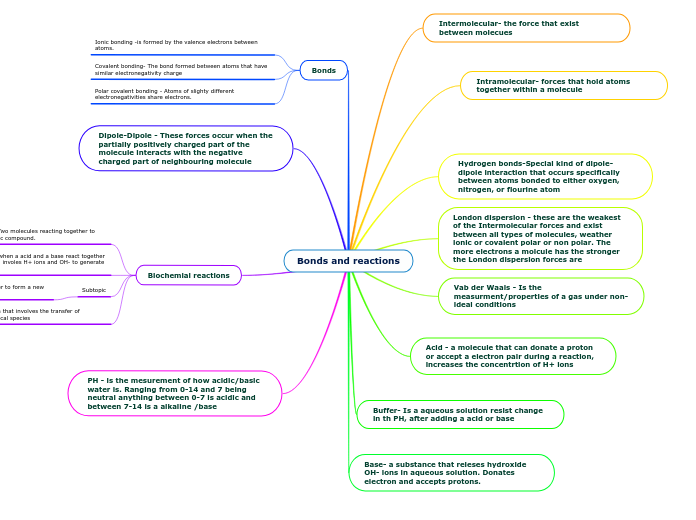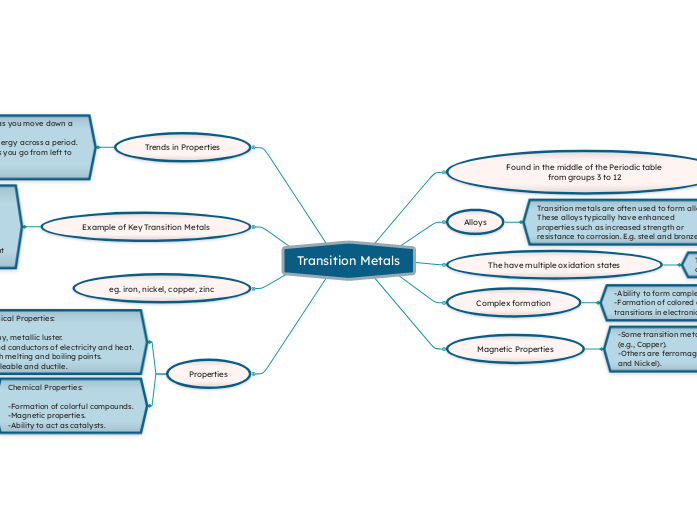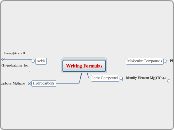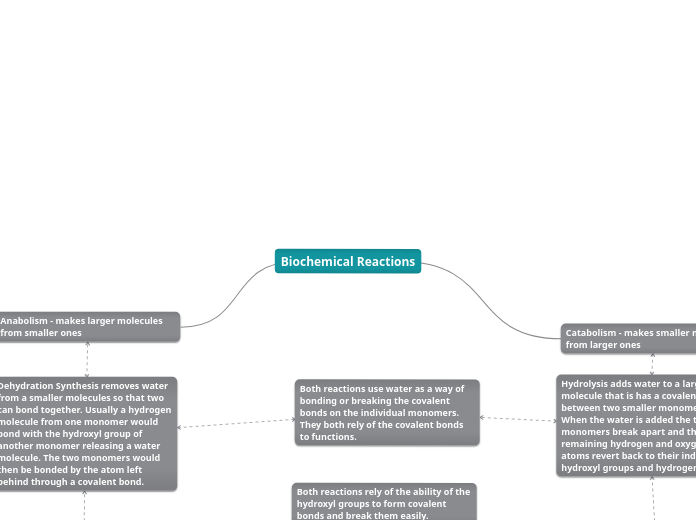realizată de Elsa Murray 5 ani în urmă
309
Energy systems
The text discusses various biochemical processes, focusing on their mechanisms and distinctions. Oxidation and reduction are defined by electron transfer, with oxidation involving the loss of electrons and reduction the gain.









